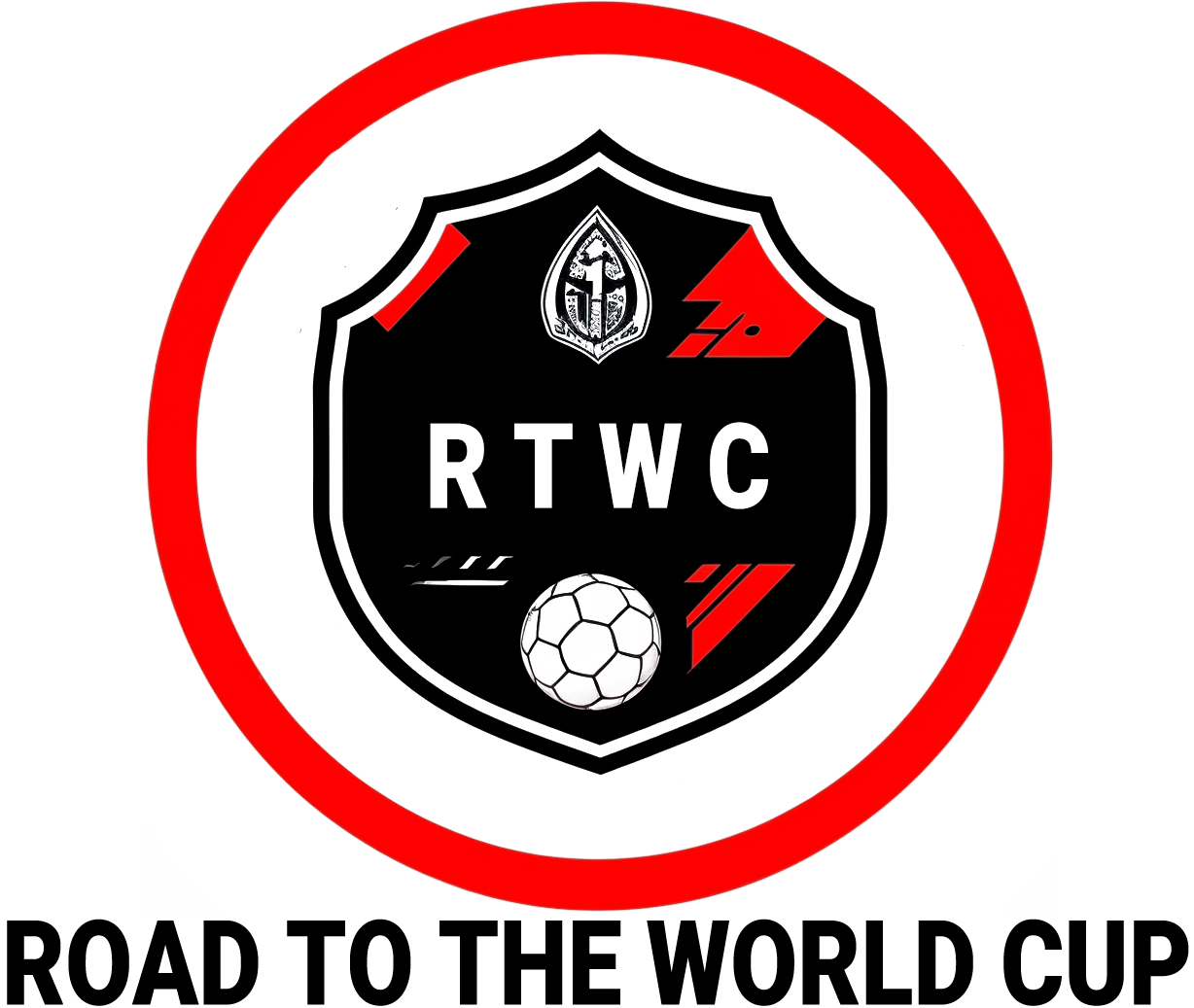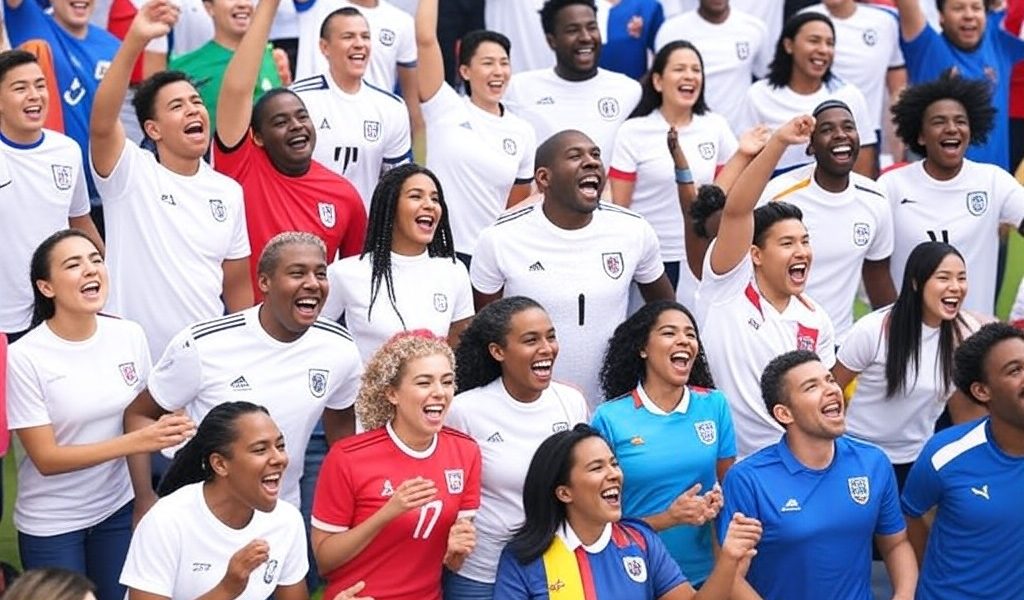FIFA’s Bold Move Against Racism: New Sanctions and Protocols Ahead of the 2026 World Cup
As the world gears up for the much-anticipated FIFA World Cup 2026 and the Intercontinental Cup 2025, the FIFA Council has taken a groundbreaking step in its fight against racism in football. In a unanimous decision, they approved a revised version of the Disciplinary Code, aimed at strengthening the legal framework to combat discriminatory behavior inside and outside the stadiums.
FIFA President Gianni Infantino emphasized this transformation, stating, “This marks a radical shift in FIFA’s commitment to enhance its regulatory framework.” Among the key updates, the code now mandates a three-step procedure in cases of discrimination. This protocol, now embedded within Article 15, allows officials to halt a match if racist chants or behaviors erupt from the stands, ensuring a standardized approach across all confederations and member federations.
One of the most significant changes includes a considerable increase in fines for racist abuse. The maximum financial penalty can now soar to five million Swiss francs, sending a clear and decisive message that discrimination will not be tolerated in football. Furthermore, players and officials will now have the authority to actively assist in identifying those responsible for racist acts, whether on the field or in the arenas, paving the way for concrete actions against offenders.
Additionally, member federations are required to revise their own disciplinary codes to align with FIFA’s new regulations. This means that each country must update its internal policies to reflect the rigorous standards set by FIFA, promoting a cohesive and serious effort against racism worldwide.
Lastly, FIFA reserves the right to appeal to the Court of Arbitration for Sport (CAS) if it believes that sanctions for racist conduct are insufficient. This gives FIFA the power to intervene in cases where it detects inadequate action from the relevant member federation. With these new measures, FIFA is demonstrating its unwavering commitment to creating a safe and inclusive environment in football, leading up to the 2026 World Cup.

